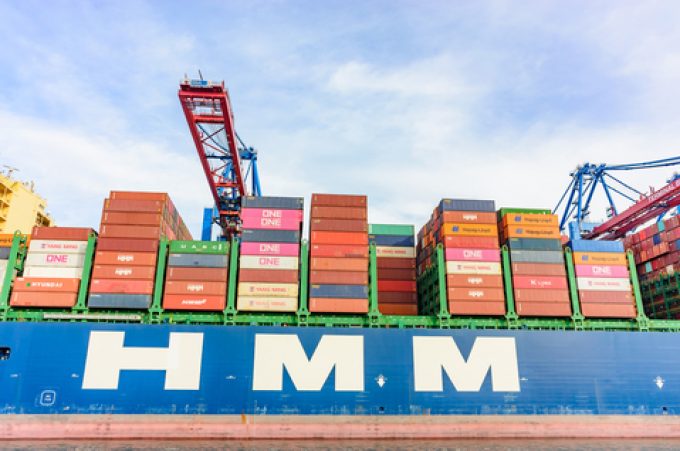HMM plans capacity boost as it focuses on port infrastructure
South Korea’s flagship carrier HMM is mirroring other lines in the market with plans to ...

South Korea’s flagship container carrier HMM has designed its own online system to locate and exchange empty containers with other companies.
The company yesterday applied to patent its HMM Container Interchange Platform (HIP).
“HIP is a self-developed service to quickly exchange HMM’s containers with other companies’ to ...

Comment on this article